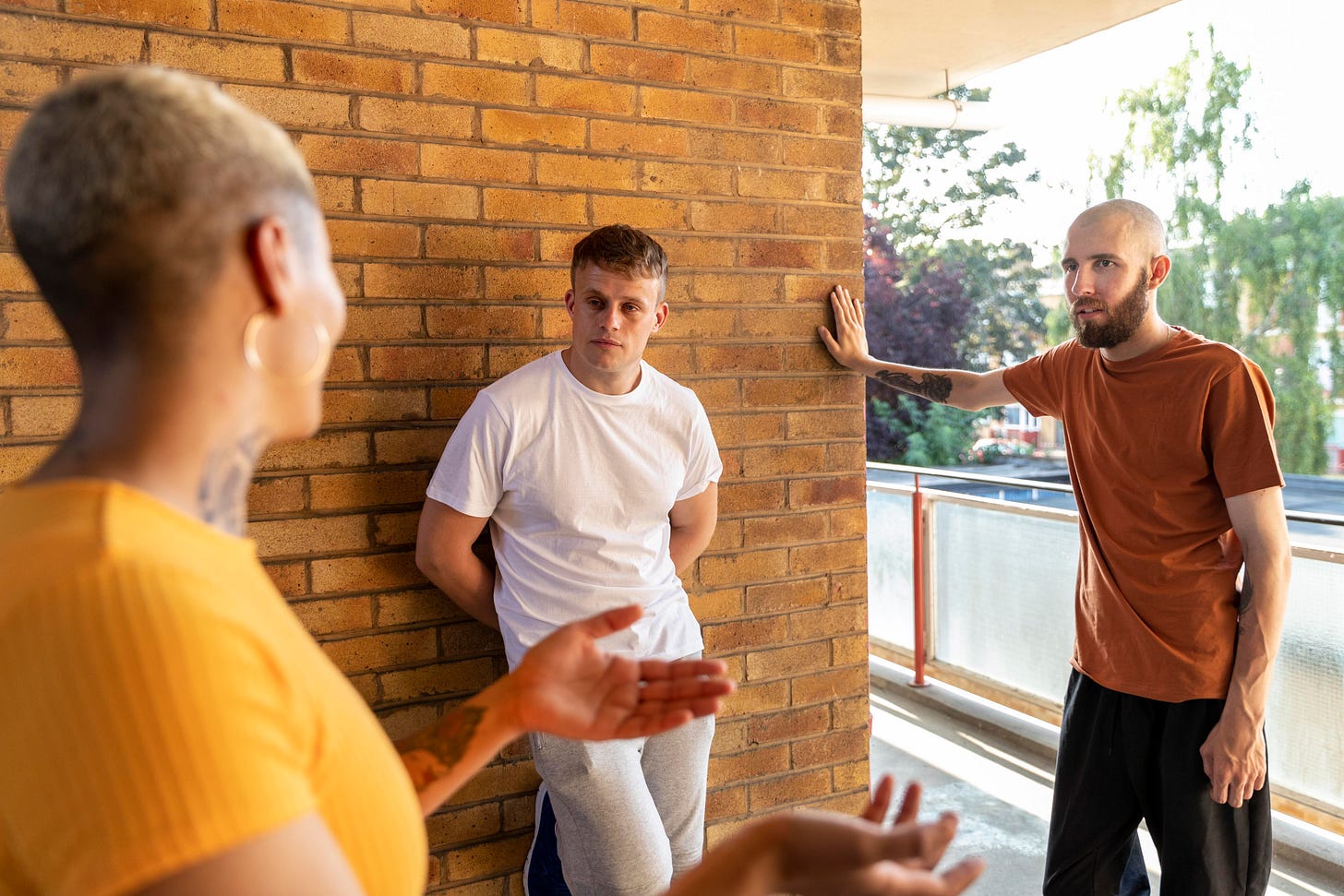By Laura Martinez
“So,” I ask my friend, “are you planning on voting in this year’s primary for statewide elections?”
He looks at me with a puzzled expression. “We just had an election in 2024. We’re only in 2025. Aren’t we waiting until 2026?”
Most people get excited about presidential elections every four years yet have no idea about local and statewide elections every year or every other year.
Before 2016, I was one of those people. I only voted every four years. It took a while for me to understand how local elected authorities impact my life on a day-to-day basis. In fact, I don’t believe I even knew how my county functioned, who my local representatives were, or why it was important to have a say in their election.
Since 2016, I’ve become a grassroots activist and have learned how to talk to others about the importance of local and statewide elections. Here is what I’ve learned.
Do not assume they know what you know
Not everyone is a policy wonk, and not everyone has the time for local politics. This is particularly true at a time when many are living paycheck to paycheck and must work two or three jobs to keep afloat. Paying attention to local elections is often not a priority. Having once been a struggling single mom, I can totally relate.
Moreover, the constant barrage of daily — sometimes hourly — horrible news can be overwhelming. I can’t blame anyone for trying to avoid the wave of depression. Trust me, I would if I could, but tuning out is a luxury I cannot afford. Therefore, I consider it my social duty to remind people they have the power of the vote and how to exercise it.
Make information relevant
A good way to engage others is to focus on their concerns. For instance, are they worried about property taxes? The lack of programs to help pay for childcare? After-school programs? Local health care resources? Medicaid expansion? Law enforcement? Public libraries? Affordable housing? These are some of the topics under the purview of local and state authorities. It might give you satisfaction to call the White House about a pothole, but only by calling your local government will you get the pothole fixed.
Once you have their attention, explain how local voting gets things done
It’s now time to explain how local department and agency heads are usually appointed by local city, county, or state elected authorities. Connect the dots, and you’ll help others see how voting in local and state elections is incredibly consequential.
Be the inside source for candidate info
Researching numerous candidates in a crowded field can be confusing for most people. By talking to friends and family about local elections, you become their source of information. This is even more important in “non-partisan” races, such as school boards and city council. While these races are meant to be neutral, candidates always have political views and positions that will impact constituents. In such cases, a little research goes a long way. Chances are you will become a trusted source for folks close to you. So do your homework and at least know where to point them to gather information.
Being a primary promoter
Many people think primaries are only for presidential or national elections. So it’s up to you to explain the primaries, how widespread they are and why everyone should vote.
Whenever I hear “How did we end up with (insert name) as our candidate?” I think, “Well, did you vote in the primary?”
Primaries let parties pick candidates for the general election, but very few people — often less than 20 percent — vote in them. We can remind friends and family that primaries are for everyone, not just the in-crowd. And with such low turnout, every vote counts! Let’s take advantage of that.
It may take more than one conversation
Don’t be discouraged if your first conversation goes nowhere. Sometimes, it takes a little nudge for someone to realize that yes, there’s a local election coming up and it’s a good idea to get moving. The most effective way to get people invested is through personal conversations. Social media has replaced many in-person interactions, and yet nothing replaces the personal touch.
This doesn’t mean you shouldn’t post information about upcoming elections on your social networks. But talking in person expands on issues that can be awkward to discuss online or via email.
Final thought — Lead by example
Let friends and family know you are voting in local elections. Tell them why, when they are taking place, and where they can vote. I have noticed that people are less encouraged by what you say than by what they see you doing. So provide the voting info and talk about your decision to vote. You may be surprised at how many follow your example.
Democracy is a team effort, and each of us is a conveyor of information and hope. Let’s do this!
Inspired? Plug into get out the vote efforts for the Virginia primary June 17. Check www.mobilize.us/newvirginiamajority for in-person or online events.
Or write for a school board race. Find a calendar of elections or active campaigns here.







Wonderfully written with great pictures! Thank you so much. I will share it and up my game given your excellent suggestions. I would add that I gently share with people how much better I feel being a bit more engaged. I share that just making a short phone call to my representatives always makes me feel better, is super easy, that every call is recorded and does add up. Thank you for creating this community in the challenging time.
I voted in the primary! Great article Laura..